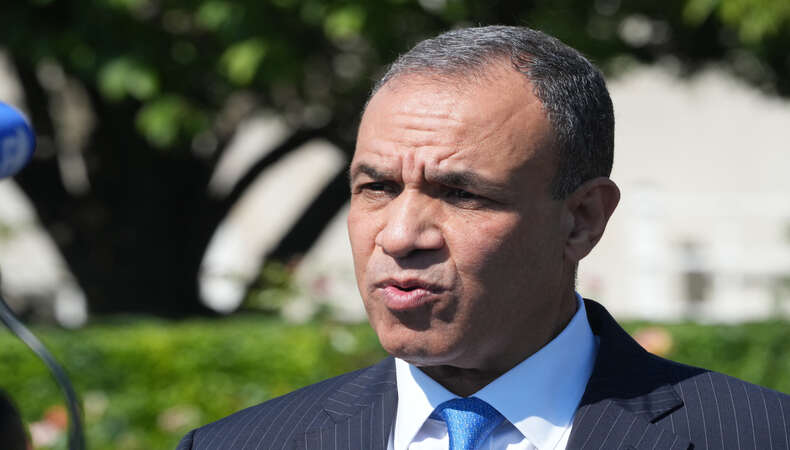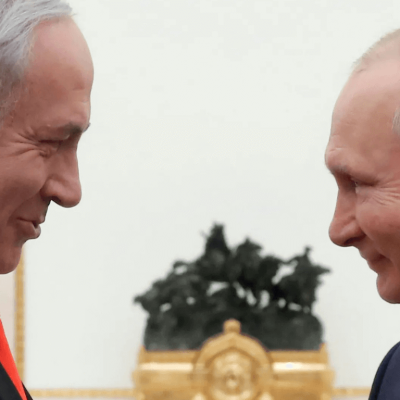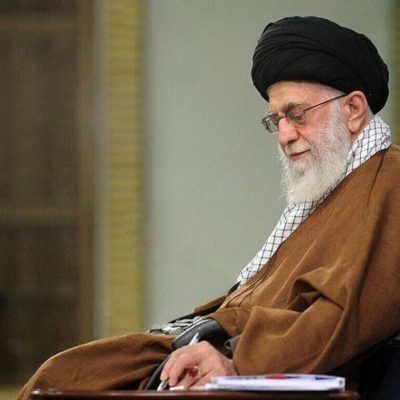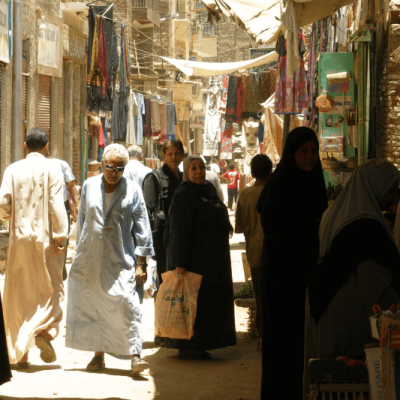Egypt’s Foreign Minister Warns of Regional War Amid Intensifying Israel-Hezbollah Conflict

Badr Abdelatty, Egypt’s foreign minister, issued a grim warning on the likelihood of an all-out regional war as hostilities between Israel and Hezbollah developed on Sunday, Sep 22. Abdelatty noted that the war has already delayed ongoing attempts to reach a truce in Gaza as violence on both sides got increasingly serious. His comments before the annual United Nations summit of world leaders, when calls for de-escalation from other countries have grown louder.
“There is great worry about the possibility of an escalation in the area leading to an all-out regional war,” Abdelatty said in an AFP interview at UN Headquarters. He stressed that the rise of violence has “negatively affected” negotiations aimed to result in a truce in Gaza, where tensions have been high since the latest fight began.
Constant Ceasefire Negotiations: Group Effort
Abdelatty emphasized Egypt’s strong commitment to keep negotiating a ceasefire in coordination with Qatar and the United States despite the challenges given by the mounting war. These nations have been diplomatically negotiating a truce as well as prisoner release in Gaza, where unresolved issues have aggravated regional unrest for months.
Although Abdelatty said, “all the components of the deal are ready,” he concentrated on Israel’s lack of political will as the key obstacle impeding progress. According to him, Israel’s unwillingness to move forward has significantly blocked the road towards peace. He also slammed Israel’s “provocative policies” for inciting conflict with Hezbollah, an ally of Hamas whose acts have greatly accelerated the war.
Growing Worldwide Demand for De-Escalation
Underlining the significance of stopping Israel’s activities, Egypt’s foreign minister emphasized that he believes these measures are generating the growing instability in the region and hence the violence kept spiraling. Including the United States, Abdelatty urged regional and worldwide supporters to intervene and pressure Israel to stop its “unilateral and provocative policies.”
Abdelatty cautioned, highlighting the larger effects of a full-scale confrontation for the Middle East generally, “A regional conflagration does not serve the interests of any party.” His comments followed meetings with U.S. officials in Washington, including White House advisor Amos Hochstein, who has been spearheading programs aimed at fostering peace between Israel and Lebanon.
Diplomatic Efforts Intense: American and Egyptian roles
Earlier in the week, Egyptian President Abdel Fattah al-Sisi similarly expressed his resolve to ensure a truce in Gaza during a concurrent diplomatic visit with U.S. Secretary of State Antony Blinken. Having visited the region ten times since the violence began, Blinken stressed that still a truce is the only option to prevent the bloodshed from spreading across neighboring countries.
“We all know that a ceasefire is the best chance to handle the humanitarian crisis in Gaza and to address risks to regional stability,” Blinken said during his visit. He stressed that de-escalating Gaza’s situation should be the first step towards lowering more general regional tensions.
Humanitarian Impact: Noteworthy Deaths on Both sides
The conflict has had severe expenses. Since Hamas’s October 7 attack on Israel, which took 1,205 deaths, most of them civilian, Israel has responded with a massive military operation in Gaza. Figures from the Gaza health ministry, assessed by the UN as accurate, suggest that Israel’s operations have claimed over 41,431 Palestinians—mostly civilians—dead.
Events involving hostages have complicated stop-fire agreements. According to Israeli military reports, on the day of Hamas’s attack, 251 persons were abducted; 97 of them are still detained in Gaza. This includes 33 hostages who purportedly died while under custody. Active negotiations continue to center these hostage situations since Israel refuses to recognize a truce unless these hostages are released.
Final Thought: A Region On Edge
As an all-out regional war looms, diplomatic efforts from Egypt, the United States, and Qatar become ever more important. Still, the struggle between Israel and Hezbollah undercuts progress constantly. Even if the world community wants moderation, the path to peace remains challenging; the humanitarian harm on both sides is growing. Though the result of these programs—a sustainable ceasefire or a plunge into anarchy—remains undetermined, the stakes for regional peace have never been more crucial.




